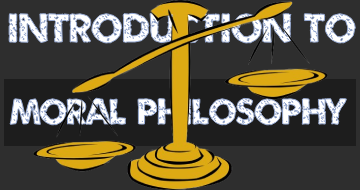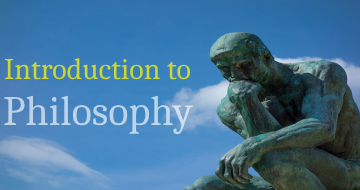Introduction to Moral Philosophy by Udemy
Ethics! Normative, applied and meta.
Course Highlights
- 1. Explain the principles of the three major moral theories in Western philosophy: utilitarianism, deontology and virtue ethics.
- 2. Apply those theories to real life ethical dilemmas: stealing, telling lies, simulated killing and killing animals.
- 3. Unpick meta-ethical questions, such as whether there's such as thing as a moral fact.
Skills you will learn!
Curriculum
9 Topics
1.0 Welcome to the Course
1.1 Introduction
1.2 What is 'utility'?
1.3 Bentham: Pleasure and Pain
1.4 Bentham's felicific calculus
1.5 Critiquing Bentham
1.6 John Stuart Mill's Higher and Lower Pleasures
1.7 Act Rule and Preference Utilitarianism
Utilitarianism
6 Topics
2.1 Consequences Versus Intentions
2.2 Deontology: Duties and Imperatives
2.3 The Categorical Imperative
2.4 Other Formulations of the Categorical Imperative
2.5 Objections to Deontology
Deontology
9 Topics
3.1 Introducing Aristotelian Virtue Ethics
3.2 Virtues and Vices
3.3 The Doctrine of the Mean
3.4 'The Good': Eudaimonia
3.5 Education in Virtue
3.6 Practical Wisdom
3.7 Voluntary Involuntary and Non-Voluntary Actions
3.8 Problems with Virtue Ethics
Virtue Ethics
7 Topics
4.1 Stealing
4.2 Telling Lies
4.3 Simulated Killing
4.4 Animal Rights: Utilitarianism
4.5 Animal Rights: Deontology
4.6 Animal Rights: Virtue Ethics
Applied Ethics
8 Topics
5.1 The Basis for Morality: Reason Emotion or Other?
5.2 What is a Fact?
5.3 Are there Moral Facts?
5.4 Moral Anti-Realism: Emotivism Prescriptivism and Error Theory
5.5 Moral Realists: Moral Naturalism and Moral Non-Naturalism
5.6 Is Ethical Language Meaningful?
5.7 Evaluation and Conclusion
Meta-ethics

Introduction to Moral Philosophy



